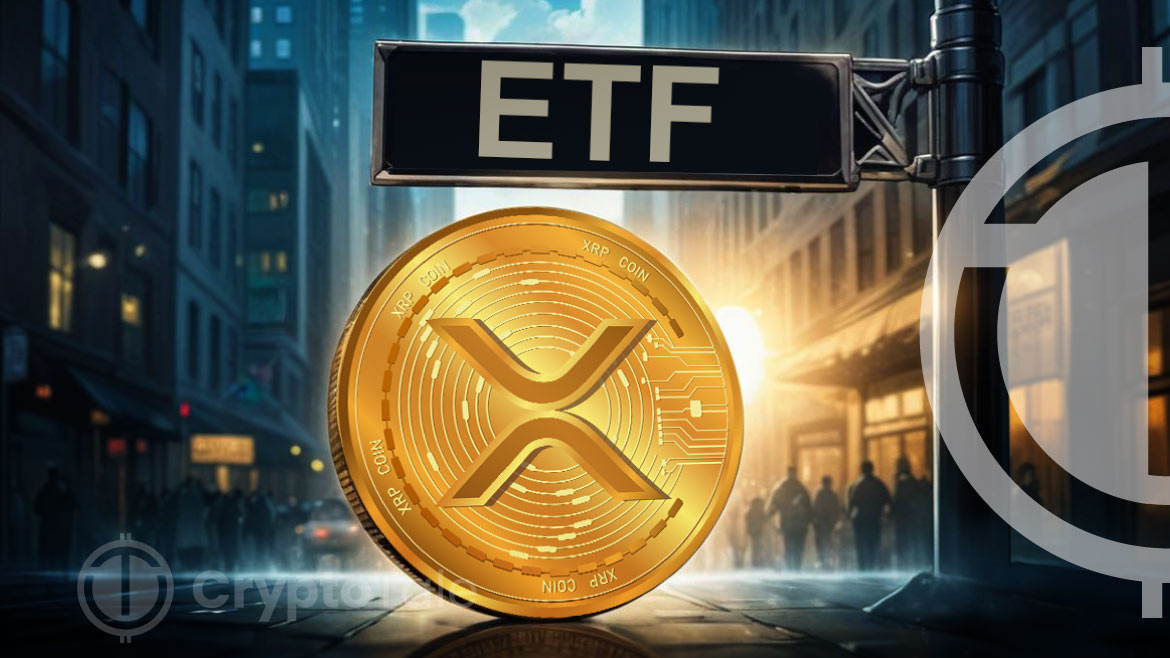
The concept of an XRP ETF (Exchange-Traded Fund) has captured the attention of investors and institutions. An XRP ETF represents a new financial product that allows investors to gain exposure to XRP, the digital currency associated with Ripple, without directly purchasing the cryptocurrency itself. As the cryptocurrency market matures, introducing such financial instruments signals a shift towards broader acceptance and integration of digital assets within traditional financial frameworks.
What Is an XRP ETF?
An XRP ETF is an exchange-traded fund that tracks the performance of XRP, the digital currency associated with the Ripple network. ETFs are investment funds traded on stock exchanges, much like stocks. They pool together assets, allowing investors to buy shares in the fund rather than purchasing the assets individually. In the case of an XRP ETF, the fund is designed to follow the price movements of XRP, giving investors exposure to the cryptocurrency without needing to hold it directly.
The Mechanics of an XRP ETF: How It Works
An ETF is a collection of assets bundled into a single investment vehicle. In the case of an XRP ETF, the fund would hold XRP tokens or derivatives that track the price of XRP. Investors can buy and sell shares of the ETF on traditional stock exchanges, just as they would with any other stock.
The fund’s value would rise and fall in tandem with the price of XRP, providing a straightforward way for investors to gain exposure to the cryptocurrency’s performance. This structure offers several advantages, including easier access to XRP, lower transaction costs, and the ability to hold XRP within a traditional investment portfolio.
The Benefits of an XRP ETF
One of the primary benefits of an XRP ETF is the simplification of cryptocurrency investment. For many potential investors, the process of buying, storing, and managing digital assets can be daunting. The risk of losing private keys, the need for secure wallets, and the complexity of navigating cryptocurrency exchanges can deter investors from entering the market.
An XRP ETF eliminates these challenges by offering a regulated and accessible way to invest in XRP. Investors can purchase shares of the ETF through their existing brokerage accounts, just as they would with any other financial product. This ease of access could open the door for a broader range of investors.
The Potential Impact on the XRP Market
Launching an XRP ETF could have several implications for the broader XRP market. First, it could increase demand for XRP as more investors seek exposure to the cryptocurrency through the ETF. This demand could drive up the price of XRP, benefiting current holders and potentially attracting more interest in the asset.
Secondly, the ETF could enhance XRP’s liquidity by making it easier for investors to buy and sell the cryptocurrency. Liquidity is a crucial factor in any financial market. It ensures that assets can be traded quickly and at fair prices. Increased liquidity in the XRP market could lead to more stable prices and reduce the volatility that has characterized the cryptocurrency in the past.
Finally, introducing an XRP ETF could pave the way for more cryptocurrency ETFs in the future. If the XRP ETF proves successful, it may encourage regulators and financial institutions to explore ETFs for other digital assets, further integrating cryptocurrencies into the mainstream financial system.
Comparing XRP ETFs to Bitcoin ETFs
While Bitcoin ETFs have garnered significant attention, an XRP ETF introduces unique elements to the market. Unlike Bitcoin, primarily viewed as a store of value or “digital gold,” XRP serves a different purpose within the cryptocurrency ecosystem. XRP is designed for fast, low-cost cross-border payments, making it a utility-focused digital asset.
This distinction could make an XRP ETF appealing to investors looking for exposure to a cryptocurrency with a specific use case. Additionally, XRP’s lower price volatility than Bitcoin could attract investors seeking a more stable investment option within the cryptocurrency market.
The Future of XRP ETFs
The potential for XRP ETFs and similar financial products will likely grow as the cryptocurrency market evolves. The increasing interest in digital assets from institutional investors and the maturation of regulatory frameworks could lead to the introduction of other cryptocurrency ETFs in the coming years.
For XRP, developing an ETF could be a game-changer, driving wider adoption and solidifying its position within the cryptocurrency ecosystem. As more investors gain exposure to XRP through ETFs, the demand for the digital asset could rise, contributing to its long-term growth and stability.
Challenges and Considerations
While the XRP ETF presents numerous opportunities, there are also challenges and considerations to keep in mind. One of the primary concerns is regulatory approval. ETFs are subject to rigorous regulatory scrutiny, and the unregulated cryptocurrency market could pose hurdles for approval. However, recent developments suggest a shift in regulatory attitudes. The SEC has approved future Bitcoin ETFs, signaling a growing willingness to consider cryptocurrency-based financial products.
Another consideration is the potential for market manipulation. The cryptocurrency market is known for its volatility, and there are concerns that ETFs could amplify price swings if not correctly managed. Ensuring that the XRP ETF operates transparently and within regulatory guidelines will be crucial in mitigating these risks.
Investors should also be aware of the fees associated with ETFs. While ETFs are generally considered low-cost investment vehicles, they are not without expenses. Management fees, trading costs, and other expenses can eat into returns, so investors need to understand the fee structure of the XRP ETF before investing.














